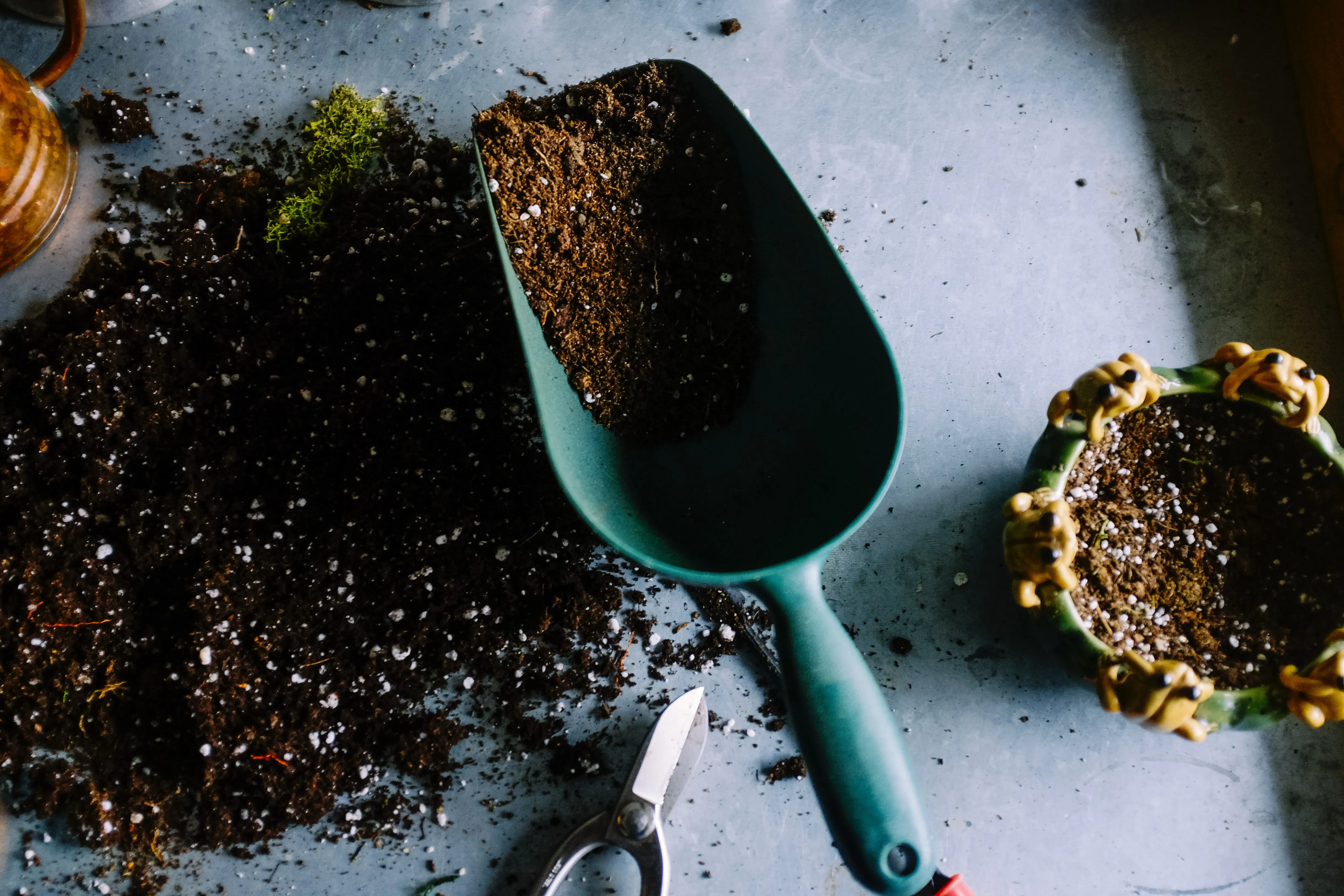Understanding Soil pH and Its Impact on Plant Health
Dive into the crucial role of soil pH in your organic garden's health. This informative guide, tailored for Bangalore's diverse soil conditions, explains how soil pH affects plant growth and offers tips for adjusting pH using sustainable methods. Ideal for gardeners seeking to optimize plant health and soil quality.

Introduction:
Soil pH plays a pivotal role in determining the health and productivity of your organic garden. In the varied climate of Bangalore, understanding and managing soil pH is essential for gardeners. Vriksha Farms is dedicated to helping you grasp the importance of soil pH and how it impacts plant health in your organic garden.
What is Soil pH?
Soil pH is a measure of the acidity or alkalinity of your soil. It significantly affects the availability of nutrients to plants and the microbial activity in the soil. The pH scale ranges from 0 to 14, with 7 being neutral. Most plants thrive in a slightly acidic to neutral pH range.
The Importance of Soil pH:
The right pH level ensures that plants can absorb the nutrients they need. If the soil is too acidic or too alkaline, certain nutrients become less available, leading to nutrient deficiencies or toxicities, and ultimately affecting plant growth and health.
Testing Soil pH:
Regular soil testing is crucial for determining the pH level of your garden soil. Simple testing kits are available, or you can send a soil sample to a laboratory for a more detailed analysis.
Adjusting Soil pH:
If your soil pH is not within the ideal range for your plants, you can adjust it using organic methods. To raise the pH (make it more alkaline), you can add lime. To lower the pH (make it more acidic), organic matter like peat moss or sulfur can be used.
Impact on Plant Health:
Plants grown in soil with the correct pH level will be healthier, more resistant to pests and diseases, and more productive. Understanding and managing soil pH is key to successful organic gardening.
Sustainable Practices for Managing Soil pH:
Use natural amendments to adjust soil pH and regularly test your soil to monitor changes. Sustainable practices like composting and using organic mulches also help maintain the desired pH balance over time.
Conclusion:
Understanding and managing soil pH is a fundamental aspect of organic gardening. By ensuring your soil has the right pH level, you contribute to a healthier and more productive garden. Vriksha Farms supports your efforts in maintaining optimal soil conditions for plant health.
Call to Action:
Take control of your garden's health by understanding soil pH. Join Vriksha Farms for more insights on sustainable gardening practices and explore our managed farmland plots perfect for your organic gardening needs.
